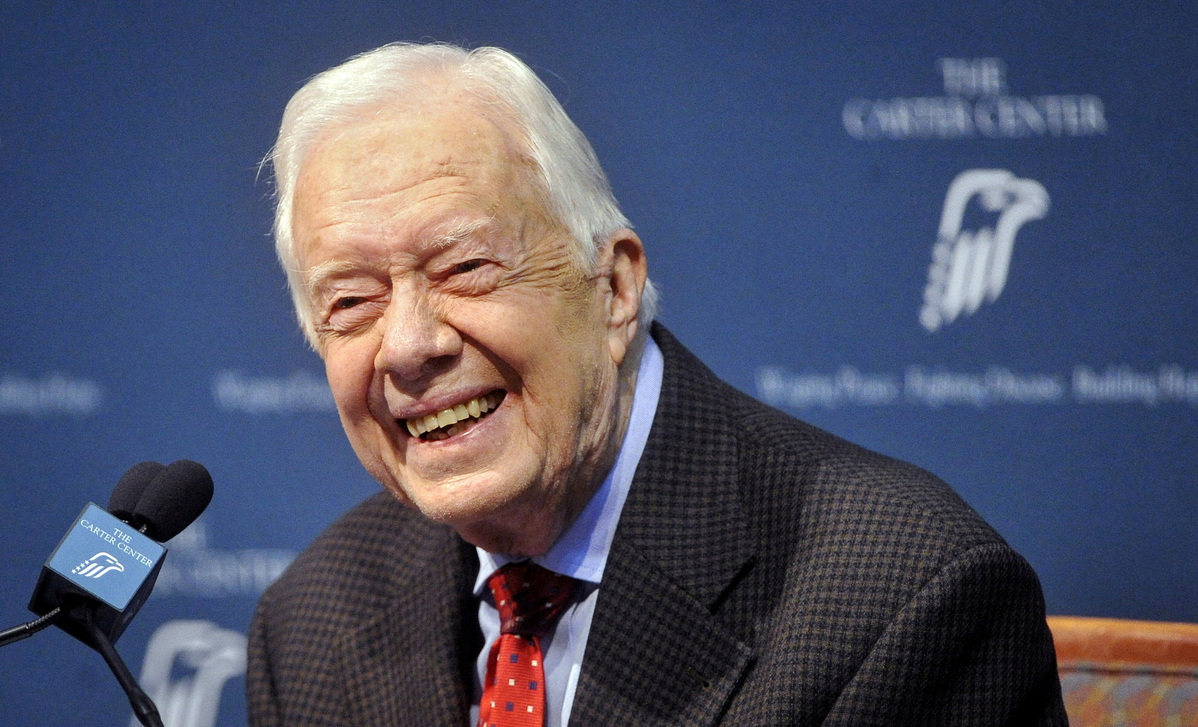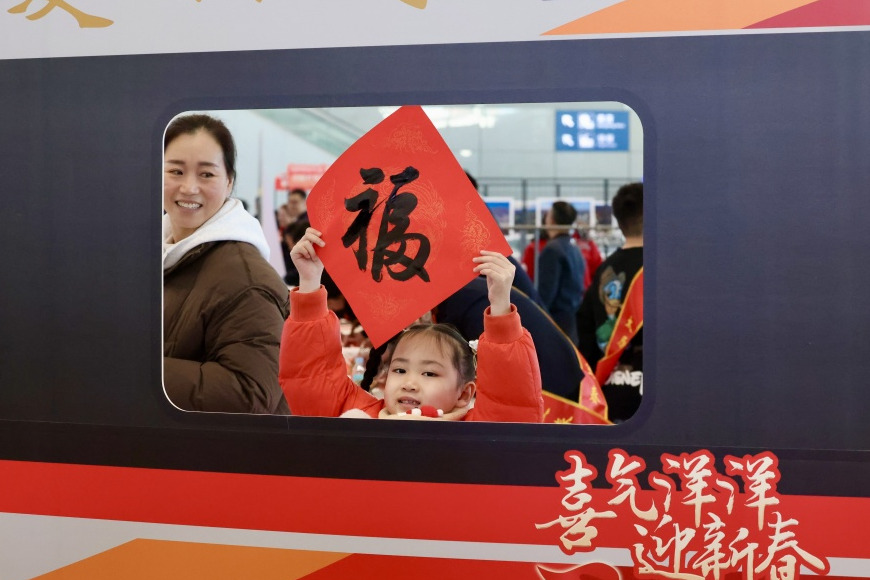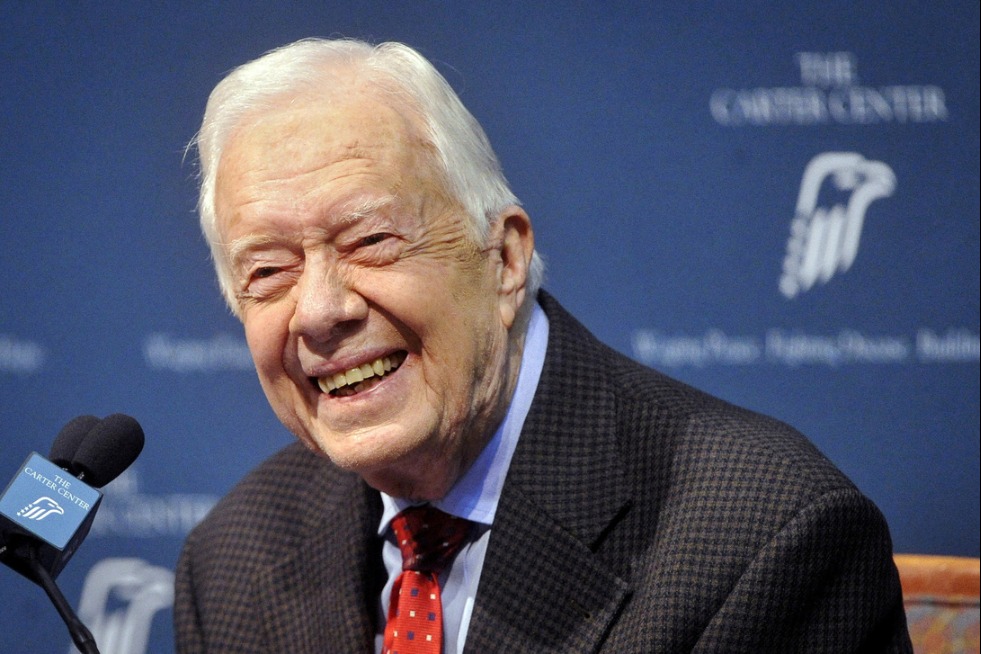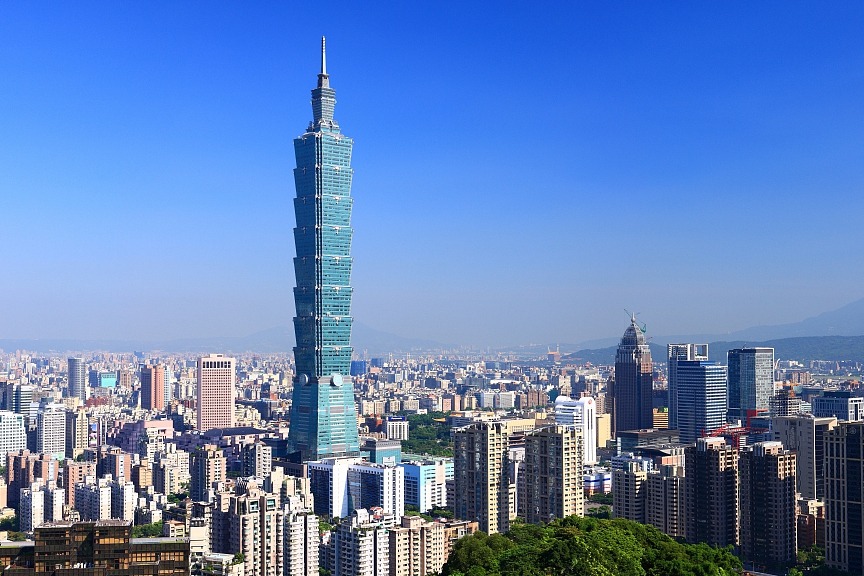Carter's message on China-US relations still holds true


Former US president Jimmy Carter passed away at the age of 100 last month.
Carter played an important role in shaping the China-US relations. On January 1, 1979, during his presidency, China and the United States officially established diplomatic relations. This milestone event marked the beginning of a new era in bilateral ties, exerting significant impact on the two countries and the wider world. Carter also received Chinese leader Deng Xiaoping for an official visit to the United States, which left a significant mark in the history of China-US exchanges.
Carter once said "I always have believed that the most important bilateral relationship in the world is between the United States and China. It is very important for our two countries and the world to maintain that relationship with mutual respect." Carter considered establishing diplomatic relations with China one of the best decisions he ever made. He repeatedly emphasized that China's rise was not a threat, and that the US engagement policy with China had brought unprecedented peace and prosperity to both countries and the world at large. Despite differences, he believed that the two countries could still cooperate in many fields.
The one-China principle is at the very heart of the political foundation of China-US relations and the Taiwan question is the most important and sensitive in China-US relations. In establishing diplomatic relations with China, the US government, under Carter, agreed to the three principles put forward by the Chinese government, namely, to sever the so-called diplomatic relations between the US and the Taiwan authorities, abrogate its Mutual Defense Treaty with Taiwan, and withdraw US forces and military installations from Taiwan.
On December 15, 1978, Carter made an address to the nation and read live on television and radio the Joint Communiqué on the Establishment of Diplomatic Relations between the People's Republic of China and the United States of America. The communiqué says "The United States of America recognizes the Government of the People's Republic of China as the sole legal Government of China. The Government of the United States of America acknowledges the Chinese position that there is but one China and Taiwan is part of China." Since then, China-US relations have been normalized and have continued to develop.
The history of diplomatic ties between China and the United States demonstrates to the world that two major countries with different political systems, histories, cultures and stages of development can come together and do great things. Over the years, the two countries have conducted all-round cooperation and made joint contributions to world peace and prosperity. Since the establishment of diplomatic relations, China-US bilateral trade has grown from less than $2.5 billion to more than $660 billion, and two-way investment has increased from insignificant levels to more than $260 billion. Chinese goods have diversified the choices available to US consumers and reduced their living costs, while Chinese investments have boosted US employment and contributed to local economic development. The two countries have established 286 pairs of sister relations between their provinces, states, and cities, and have worked together to combat terrorism, respond to financial crises and tackle climate change. The stable development of China-US relations has not only brought tangible benefits to the people of both countries, but also provided strong momentum for global peace, stability and prosperity.
As the new US administration prepares to take office, China-US relations are at a new historic juncture. The world is closely watching the direction of this relationship. Both countries stand to gain from cooperation and lose from confrontation. Therefore, it is crucial for the two countries to choose dialogue over confrontation and win-win cooperation over zero-sum games. China is ready to maintain communication with the United States, expand cooperation, manage differences, and continue exploring the right way for the two countries to get along with each other in the new era. His words inspire much confidence.
China has maintained a stable and consistent policy toward the United States. Its principles of mutual respect, peaceful coexistence and win-win cooperation in managing China-US relations remain unchanged. Its position on resolutely safeguarding its sovereignty, security and development interests is consistent and clear. And its aspiration to carry forward the traditional friendship between the two peoples remains steadfast. China believes the Earth is big enough to accommodate the respective development and common prosperity of China and the United States.
For those working on China-US relations, the best way to honor Carter's memory is to recall the elder generations' leadership and courage in looking beyond differences and envisioning a better world through a sound China-US relationship.
Zhang Siyuan is a Beijing-based commentator on international affairs, writing regularly for Xinhua News, Global Times, China Daily etc. The views don't necessarily represent those of China Daily.
If you have a specific expertise, or would like to share your thought about our stories, then send us your writings at [email protected], and [email protected].


































